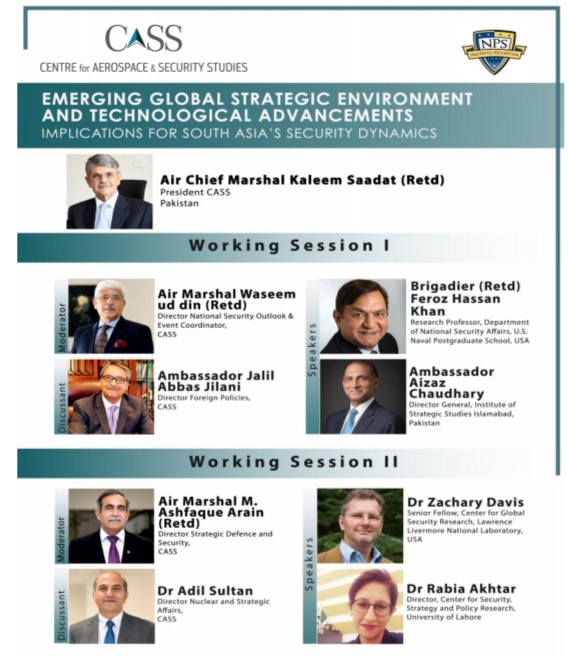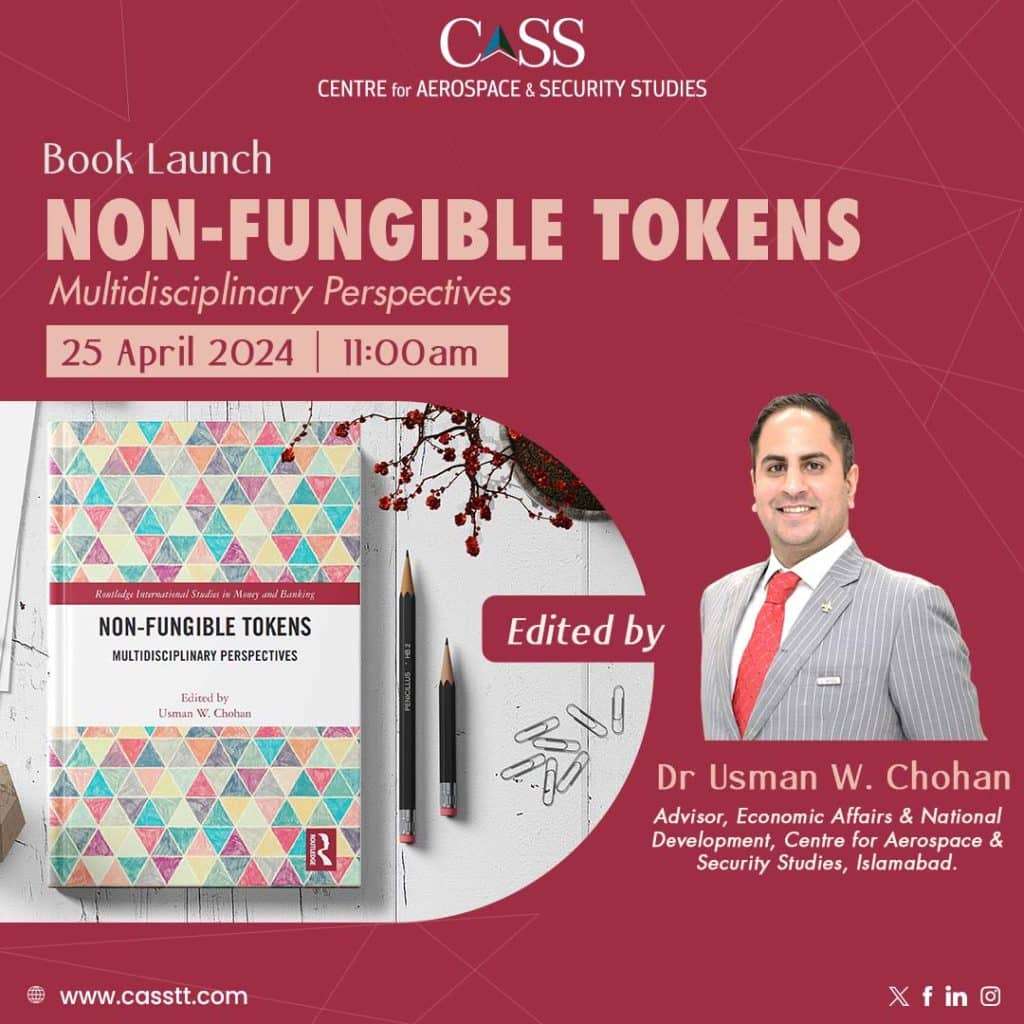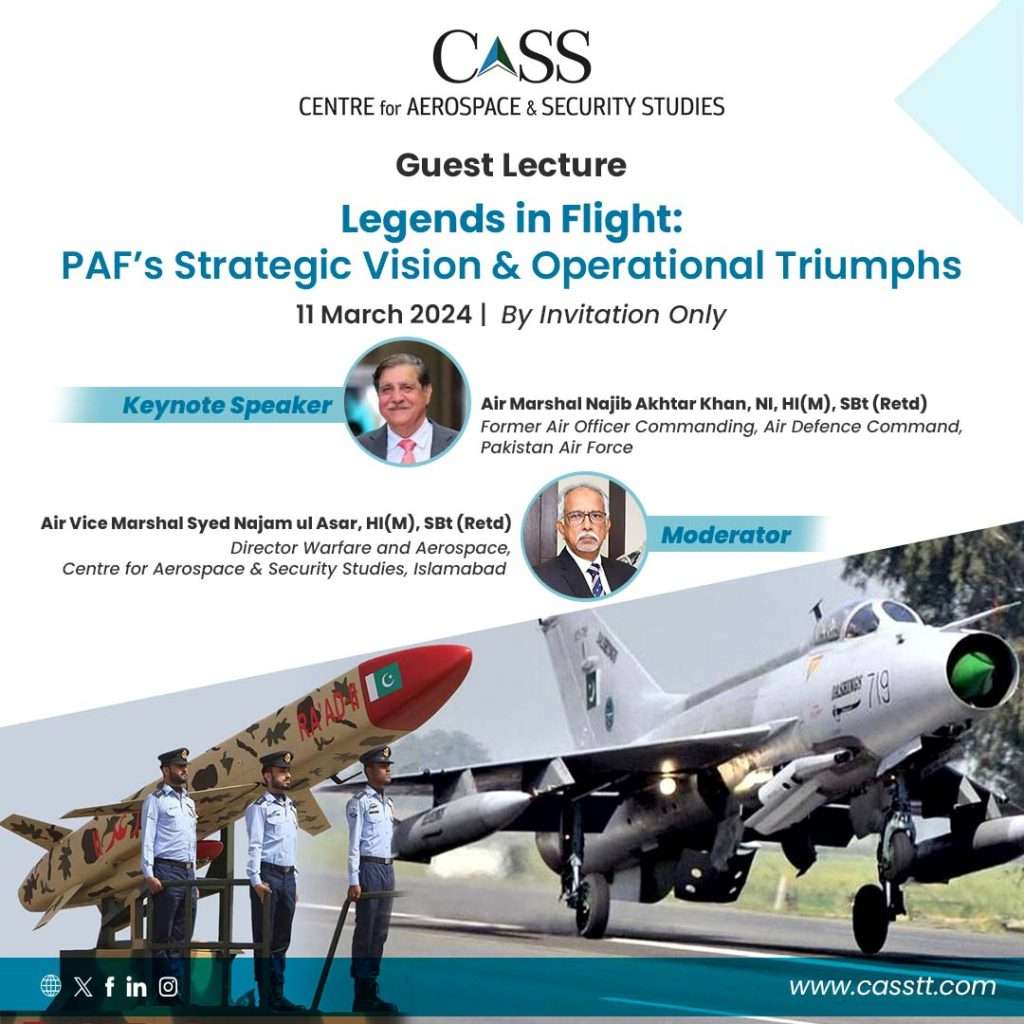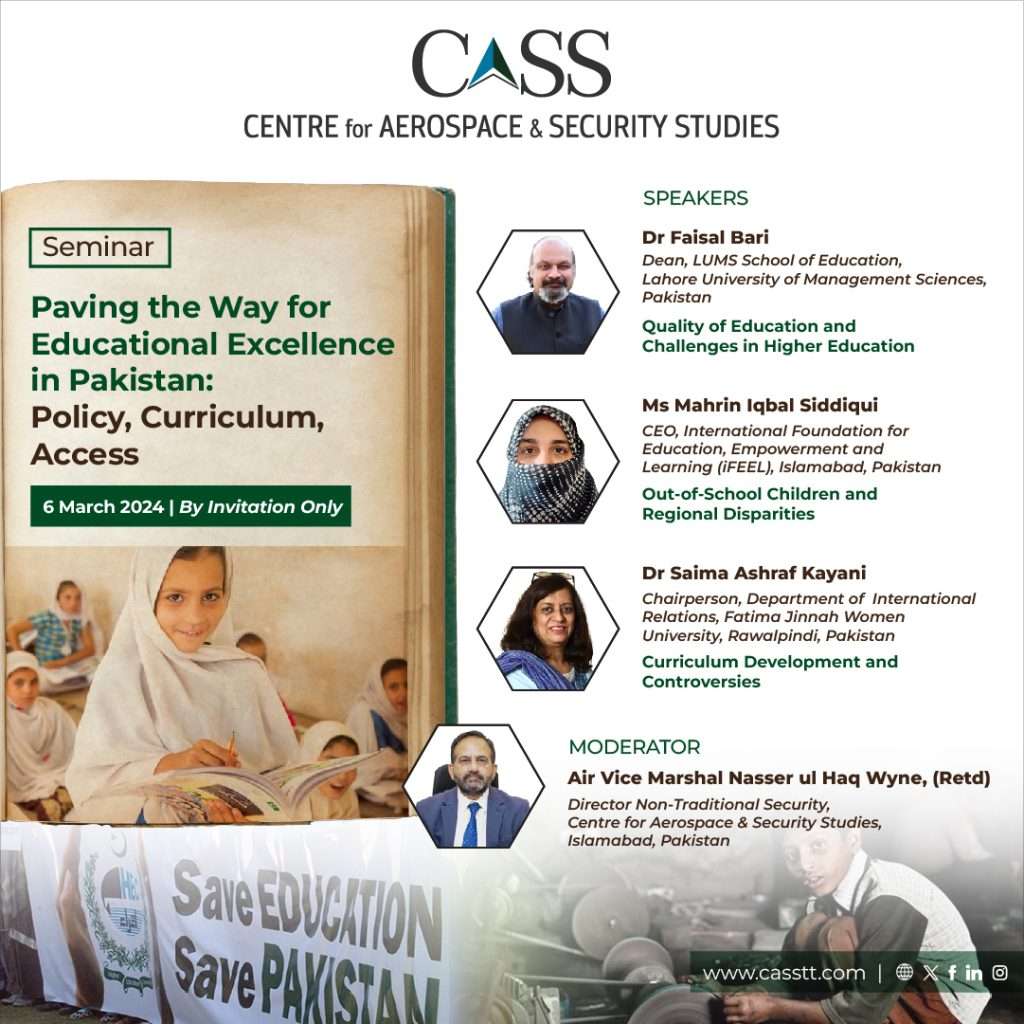Concept Note
Session I: Changing Global Strategic Environment: Impact on South Asia’s Security
A new web of power relations is emerging in the world today with the gradual rise of China and the apparent decline of the US. Globalization is being replaced by a more polycentric world where these two great powers are contending for domination. The US’ quest to regain its global dominance and efforts to contain China is affecting the strategic environment in almost all regions of the world.
Recent events in the Middle East, South China Sea, India, and Afghanistan are likely to have a direct bearing on the security dynamics of South Asia. This evolving international and regional environment, characterized mainly by US-China competition and shifting alliances, poses tough challenges for countries like Pakistan, which will have to make hard choices in order to follow a balanced and pragmatic path, while dealing with both. The experts in this plenary session will be discussing the following key questions:
- What will be the likely impact, if any, of COVID-19 on the evolving global and regional strategic environment?
- How will US-backed emerging alliances, especially in the Middle East, affect South Asia’s security dynamics; and given its historical background and ideological orientation as well as its economic challenges, how will these influence Pakistan’s policy options?
- How will current US policies vis-à-vis China, Iran, and India shape the regional security environment of South Asia; and what are the challenges they pose to countries like Pakistan trying to hold neutral ground?
- Will the upcoming US presidential elections impact Washington’s policies, especially, if a change in administration takes place? What will be the likely effects in such a scenario?
Session II: Impact of Emerging Technologies on Regional Security Dynamics
The emerging technologies such as Artificial Intelligence, Cyber, Space, Robotics, Nano Technology etc have the potential to revolutionize governmental structures, economies, and international security. Since these dual-use technologies have the potential to be highly disruptive, they have already started impacting the nature and character of warfare. Some academics even argue that these technologies may prove to be more lethal in their military application as they carry greater potential than the nuclear weapons to alter the balance of power between the states. This in turn will have profound impact on defence policy formulation, arms control regimes and regional and global strategic landscape.
The strategic environment in South Asia has its own peculiar characteristics, trends, and complexities. It has historically been in flux mainly because of the entrenched rivalry between two nuclear armed neighbors, and interests of the global players in the region. In the emerging world order, the region is becoming increasingly significant, and the new alliances being formed will inevitably result in technology transfer and military cooperation agreements. The great power competition will certainly add to proliferation of military uses of the emergent technologies, making the region even more unstable. While the US is strengthening India to contain China through military equipment and technology transfer, there is a likelihood that enhanced military strength will further embolden India against its smaller neighbours.
Pakistan neither harbours expansionist designs nor it poses threat to any of its neighbor and endeavours to live in peace. However, acquisition of destabilizing technologies through cooperation and indigenous efforts by India will disturb the delicate strategic balance in the region making it more aggressive against its smaller neighbours. This in turn will force Pakistan to invest considerable resources to invest in new technologies to maintain reasonable deterrence capability against India to safeguard its national interests.
Questions:
- How would the asymmetric acquisition of new technologies impact the balance of power in South Asia?
- What could be the major challenges for the regional countries?
- What are the potential risks of intended and inadvertent escalation after integration of disruptive technologies? Will the conflict between the two neighbors be inevitable?
- How will these technologies impact the command and control systems, trends of arms race, threat perception, strategic stability, and nuclear deterrence?
- What will be the impact on crisis management and de-escalation in future?




